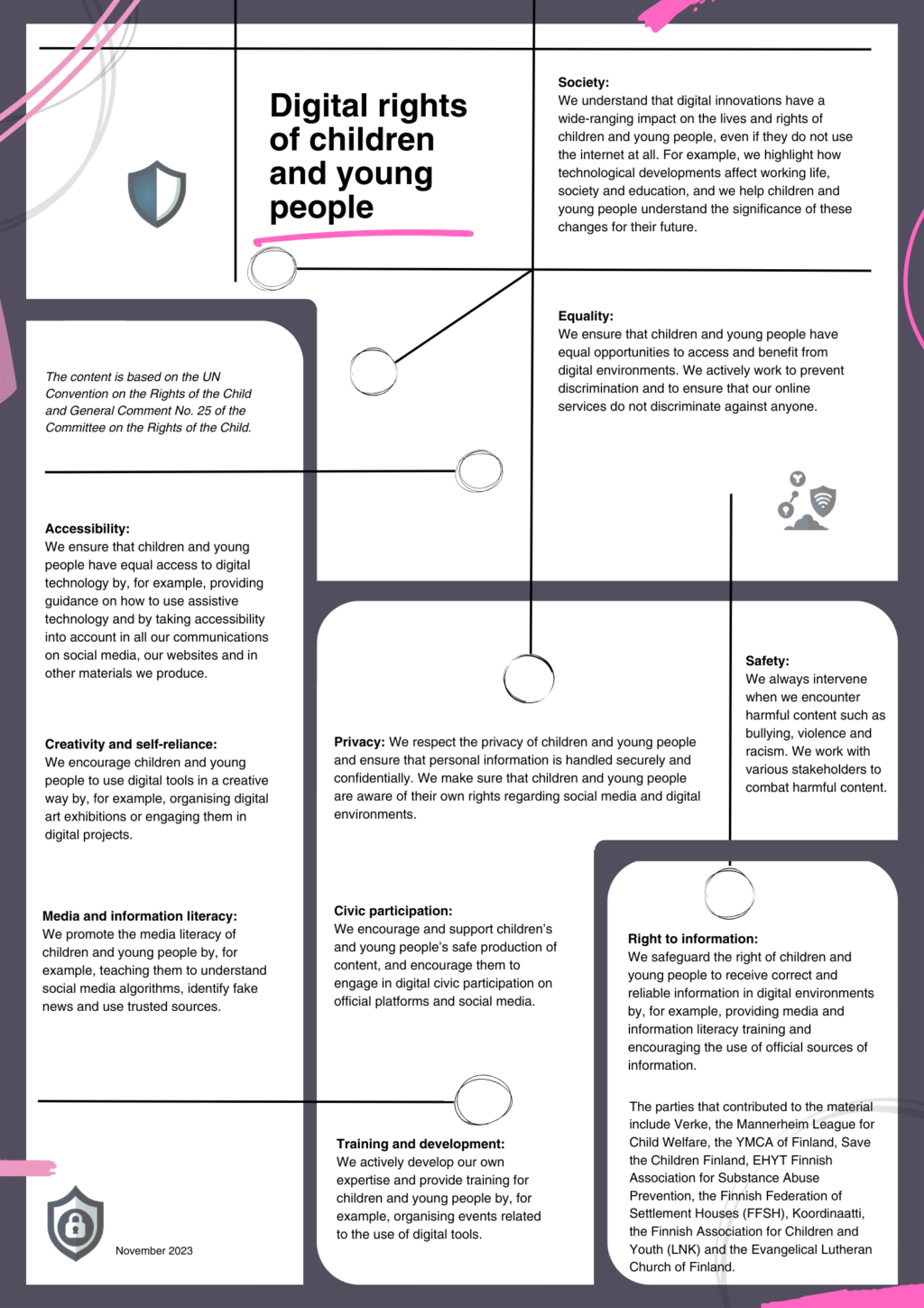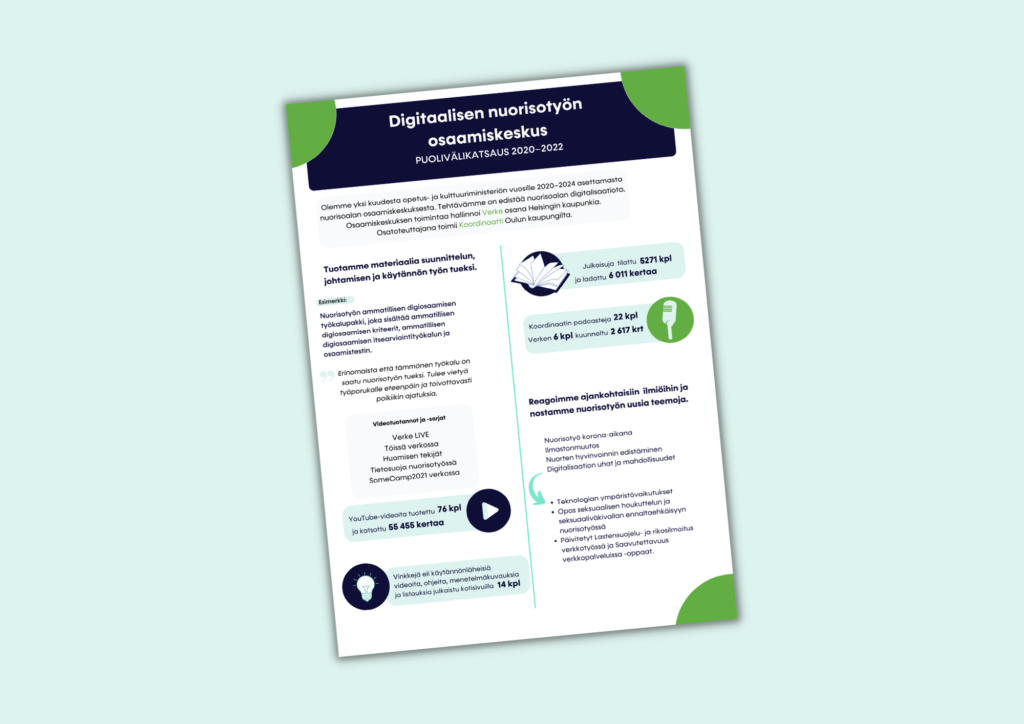Anonymous online forums, such as Ylilauta and Suomi24 in Finland, and why not applications such as Jodel, provide a space for experimenting with identity and testing the limits. They are popular forums, where users also express critical observations about the state of society. Despite the increasing number of various social media channels, text-based online discussion forums have remained animated places for civic debate and thought exchange. However, social topics discussed in such online forums are often drowned out by noise and conversations that wander off-topic.
In my doctoral dissertation, I examined an extensive corpus of discussions collected from two areas of the Ylilauta forum: “Ihmissuhteet” and “Hikikomero”. My research focused on the reality of young adults during unstable times in life. The forum participants openly discussed their problems, such as trouble making progress in studies, difficulties finding a job, fear of social situations, and shortcomings in mental health services. The anonymity of online discussions allows people to discuss painful questions concerning life, which many would not dare bring up publicly in other connections.
Ken Plummer, a British sociologist, used the concept of intimate citizenship (2003) to refer to intimate public discussion on how to lead one’s life in our contemporary post-modern society. Traditionally, the notion of citizenship has been linked to the relationship between individual and society, as well as to the rights and obligations of citizens as members of society. In turn, intimate citizenship can encompass discussions about, for example, sexuality, new family forms, and marginalised groups of people. Discussion about intimate citizenship is conducted in public, for example in newspapers and magazines, talk and entertainment shows on TV as well as on various online forums. Topics related to intimacy are also presented, stored and politicised via computers and smartphones in a variety of channels. In my dissertation, I was particularly interested in questions related to marginalisation and human relationships – both of which are topics that play a role in young people’s lives and contain sensitive aspects. For example, my material contained an abundance of discussions related to mental health problems and loneliness.
Anonymous help
Especially the Ylilauta forum, but also several other popular forums, have dark sides to them. They also contain a great deal of hate speech and radicalised opinions (e.g., Vainikka 2019). In this article, instead of hate speech, I will focus on the social discussion enabled by the forums. I observed that Ylilauta also serves as a forum for peer support and peer help, with individual users sharing their Skype username to offer a friendly ear to lonely and marginalised individuals. People who feel marginalised may find the online environment an easier place to verbalise their experiences of marginalisation and, together with others, produce shared views of marginalisation.
In the discussion area for socially excluded users, discussions revealed various dimensions of marginalisation, including income and subsistence, social relationships, substance abuse, and mental health. The dimensions of marginalisation were often intertwined, forming bundles of diverse problems. Empathy and the provision of emotional support were common forms of peer support in online discussions. Once you have shared an experience, you can receive empathy and opinions from others who have had similar experiences. A profound examination of online discussions can produce information about the social exclusion, loneliness and marginalisation of young people. However, I acknowledge that my own observations reflected the results of earlier studies conducted using other methods.
The experience of marginalisation, of being at the edge of society, contributes to feelings of suspicion towards parties providing help and assistance, which is surely a challenge familiar in youth work. The Hikikomero area on the Ylilauta forum turns into a kind of self-fuelling community with a suspicious and often negative attitude to outreach youth work. Shared experiences of rehabilitative work are quite negative. This can be taken as justified social criticism: how the service is organised does not serve clients’ needs or abilities.
The political dimension of forums?
In other words, anonymity enables the expression of political ideas and justified social criticism. Online political speech is often sharp and, at times, downright hostile. Memes are also used increasingly to express political ideas. Inappropriateness, vulgarity and black humour, which are prevalent online, have also become part of our contemporary political culture. When Donald Trump was elected President of the United States, one of the celebratory remarks posted on an online forum read: “We chose a meme as president.”
In my dissertation, I also compared the operating logics of social media platforms based on visibility, such as Instagram, with those of anonymous online forums. The preference of anonymity may be a way to control one’s loneliness to avoid the popularity contest and self-branding characteristic of social media. In the best case, anonymous online discussions can generate encounters between people from different spheres of life and experience: the same discussion may be joined by students from elite universities as well by marginalised young people.
Sources
Plummer, Ken (2003) Intimate Citizenship: Private Decisions and Public Dialogues. Montreal: McGill-Queen’s University Press.
Vainikka, Eliisa (2020) Prekarisaation tunnemaisema. Vastustavat taktiikat, tunnelmat ja elämänpolitiikka verkon julkisuudessa. Tampere: Tampere University Dissertations – Tampereen yliopiston väitöskirjat 284.
Vainikka, Eliisa (2019) Naisvihan tunneyhteisö. Anonyymisti esitettyä verkkovihaa Ylilaudan ihmissuhdekeskusteluissa. Media & viestintä 42:1, 1–25.





